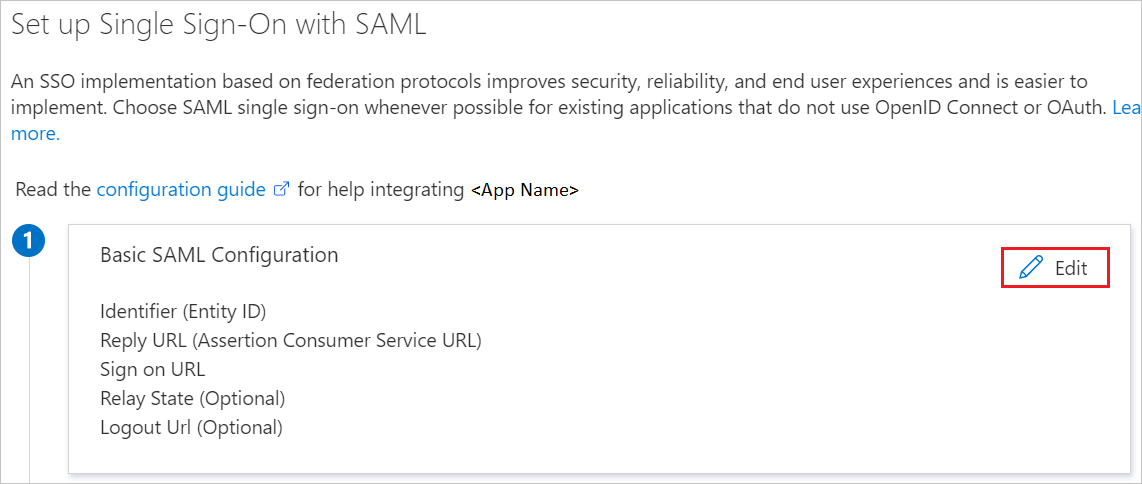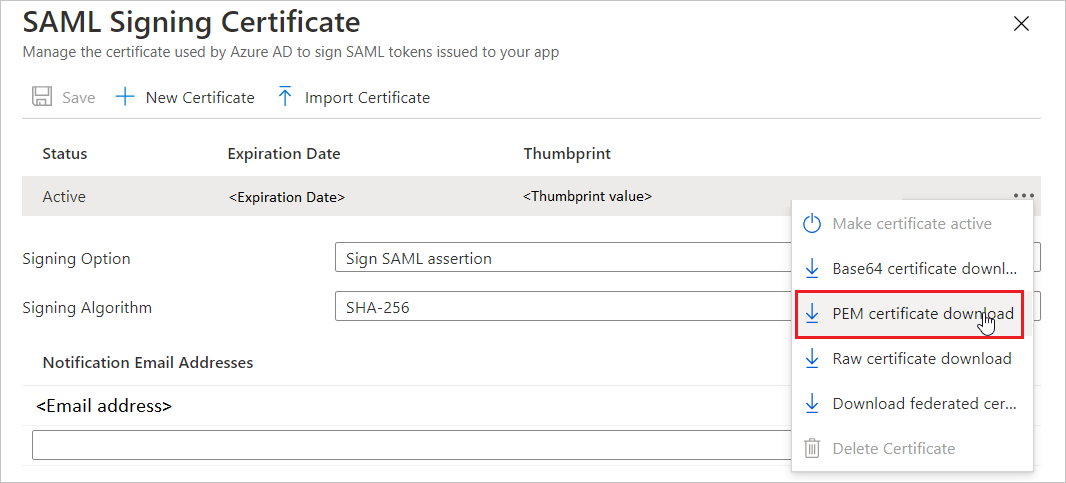Microsoft Entra SSO integration with Parkable
In this article, you'll learn how to integrate Parkable with Microsoft Entra ID. Parkable is a car park management platform that helps create happier staff, tenants and visitors all while helping you improve occupancy rates and increase revenue. When you integrate Parkable with Microsoft Entra ID, you can:
- Control in Microsoft Entra ID who has access to Parkable.
- Enable your users to be automatically signed-in to Parkable with their Microsoft Entra accounts.
- Manage your accounts in one central location.
You'll configure and test Microsoft Entra single sign-on for Parkable in a test environment. Parkable supports only SP initiated single sign-on and Just In Time user provisioning.
Prerequisites
To integrate Microsoft Entra ID with Parkable, you need:
- A Microsoft Entra user account. If you don't already have one, you can Create an account for free.
- One of the following roles: Application Administrator, Cloud Application Administrator, or Application Owner.
- A Microsoft Entra subscription. If you don't have a subscription, you can get a free account.
- Parkable single sign-on (SSO) enabled subscription.
Add application and assign a test user
Before you begin the process of configuring single sign-on, you need to add the Parkable application from the Microsoft Entra gallery. You need a test user account to assign to the application and test the single sign-on configuration.
Add Parkable from the Microsoft Entra gallery
Add Parkable from the Microsoft Entra application gallery to configure single sign-on with Parkable. For more information on how to add application from the gallery, see the Quickstart: Add application from the gallery.
Create and assign Microsoft Entra test user
Follow the guidelines in the create and assign a user account article to create a test user account called B.Simon.
Alternatively, you can also use the Enterprise App Configuration Wizard. In this wizard, you can add an application to your tenant, add users/groups to the app, and assign roles. The wizard also provides a link to the single sign-on configuration pane. Learn more about Microsoft 365 wizards..
Configure Microsoft Entra SSO
Complete the following steps to enable Microsoft Entra single sign-on.
Sign in to the Microsoft Entra admin center as at least a Cloud Application Administrator.
Browse to Identity > Applications > Enterprise applications > Parkable > Single sign-on.
On the Select a single sign-on method page, select SAML.
On the Set up single sign-on with SAML page, select the pencil icon for Basic SAML Configuration to edit the settings.

On the Basic SAML Configuration section, perform the following steps:
a. In the Identifier textbox, type a value using the following pattern:
parkable.com/<ID>b. In the Reply URL textbox, type the URL:
https://parkable-app.firebaseapp.com/__/auth/handlerc. In the Sign on URL textbox, type the URL:
https://account.parkable.comParkable application expects the SAML assertions in a specific format, which requires you to add custom attribute mappings to your SAML token attributes configuration. The following screenshot shows the list of default attributes.

In addition to above, Parkable application expects few more attributes to be passed back in SAML response, which are shown below. These attributes are also pre populated but you can review them as per your requirements.
Name Source Attribute lastName user.surname firstName user.givenname email user.mail On the Set up single sign-on with SAML page, in the SAML Signing Certificate section, find Certificate (PEM) and select Download to download the certificate and save it on your computer.

Configure Parkable SSO
To configure single sign-on on Parkable, you need to follow the steps outlined in this document to continue the setup on the Parkable admin panel.
Click on Test this application, this will redirect to Parkable Sign-on URL where you can initiate the login flow.
Go to Parkable Sign-on URL directly and initiate the login flow from there.
You can use Microsoft My Apps. When you click the Parkable tile in the My Apps, this will redirect to Parkable Sign-on URL. For more information, see Microsoft Entra My Apps.
Related content
Once you configure Parkable you can enforce session control, which protects exfiltration and infiltration of your organization’s sensitive data in real time. Session control extends from Conditional Access. Learn how to enforce session control with Microsoft Cloud App Security.